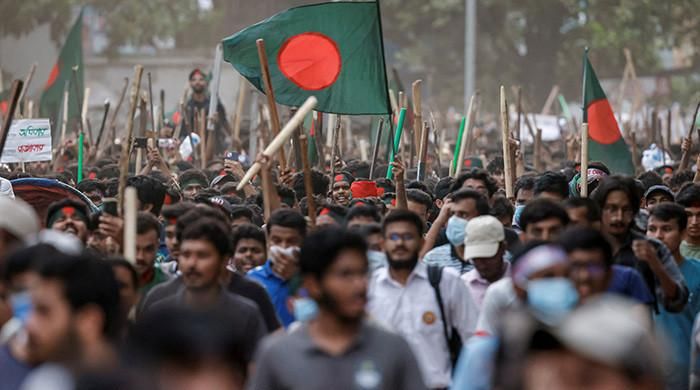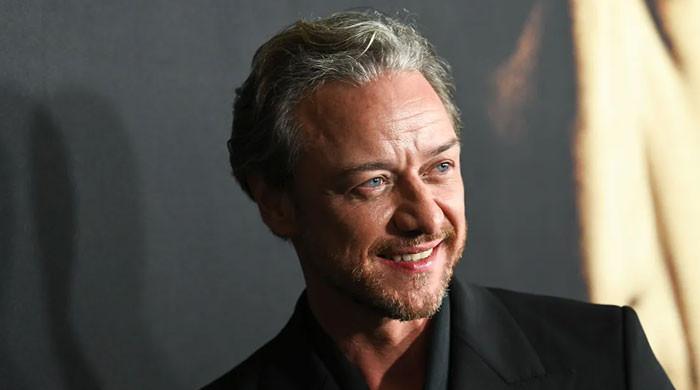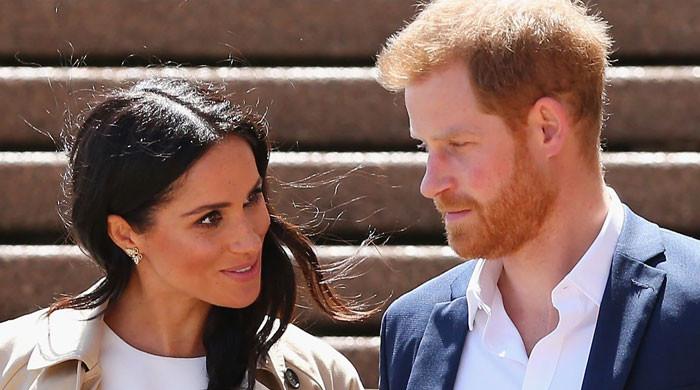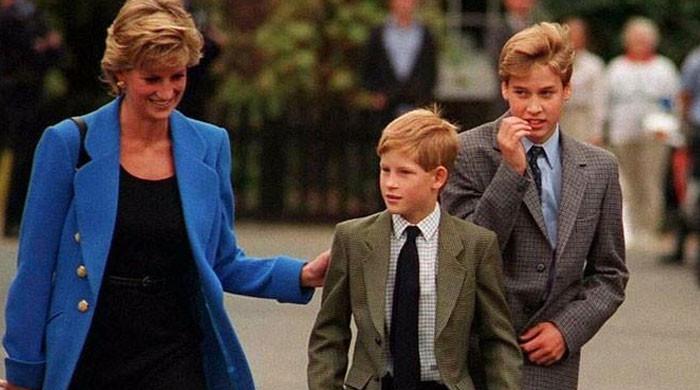- Students protest demanding an end to the quota system.
- Student leader vows protests will continue no matter what.
- Amnesty International and the United States condemn this week's clashes.
Bangladeshi students on Wednesday mourned the deaths of their classmates during protests over civil service recruitment rules, a day after the government ordered schools across the country to close indefinitely to restore order.
Six people were killed in nationwide clashes on Tuesday as rival student groups attacked each other with bricks and bamboo sticks, and police dispersed protests with tear gas and rubber bullets.
It was the most violent day yet in weeks of protests demanding an end to a quota system for lucrative government jobs that opponents say unfairly benefits members of Bangladesh's ruling party.
Protesters had planned to gather for a public funeral for those killed at the capital's main university, Dhaka, but were stopped by riot police, who blocked entry roads with barbed wire barricades.
“Our protests will also continue no matter how much violence they may unleash against us,” said Chamon Fariya Islam, a student at the prestigious Dhaka University. AFP.
Around 200 students attempted to march to the ceremony site before police fired a stun grenade to disperse them, following hours of unrest on campus.
Students at the university spent Tuesday night searching dormitories and expelling their pro-government classmates in what they said was an attempt to end the violence.
Members of the student wing of the ruling Awami League party had clashed with protesters over the previous two days, resulting in at least 400 injuries on Monday.
“When students were killed yesterday, it caused massive anger,” said Dhaka University master's student Abdullah Mohammad Ruhel. AFP.
“It was like a domino effect. Female students started expelling Awami League students first, and then male students followed suit.”
Others on campus said AFP that all members of the ruling party's youth wing had been ordered to leave their residences and those who refused were dragged out.
The government ordered all Islamic schools, universities and seminaries in the country to close until further notice on Tuesday night, shortly after deploying paramilitary forces in several major cities to restore order.
Police later raided the headquarters of the country's main opposition party in central Dhaka and arrested seven members of its student wing.
Detective division chief Harun-or-Rashid told reporters that officers had found weapons at the offices of the Bangladesh Nationalist Party (BNP).
“We found more than 100 Molotov cocktails, five or six bottles of gasoline, about 500 sticks and seven firearms here,” he said.
Internet users across Bangladesh reported widespread outages on Facebook, the main platform used to organize the protests.
Online freedom watchdog Netblocks said “multiple internet providers” in Bangladesh had completely restricted access to the social media platform in the wake of Tuesday's crackdown.
However, protests continued across the country on Wednesday, with hundreds of students blocking a railway line in the central town of Narayanganj.
'I have no hope'
Near-daily marches this month have demanded an end to a quota system that reserves more than half of civil service jobs for specific groups, including children of veterans of the country's 1971 war.
Critics say the plan benefits children of pro-government groups that back Prime Minister Sheikh Hasina, 76, who won her fourth consecutive election in January after a vote without genuine opposition.
“If you are a university student in Bangladesh today, you will know how dangerously uncertain your future is,” wrote Asif Saleh, director of BRAC, one of Bangladesh's largest charities, on Facebook in response to the unrest.
“My inbox is filled with job applications. If I go to a village, parents tell me: 'I spent a lot of money to educate my son, but he can't get a job.'”
Both human rights group Amnesty International and the US State Department condemned this week's clashes and urged Hasina's government not to crack down on peaceful protesters.
A spokesman for UN Secretary-General Antonio Guterres also called on the government on Tuesday to “protect protesters from any form of threat or violence.”












